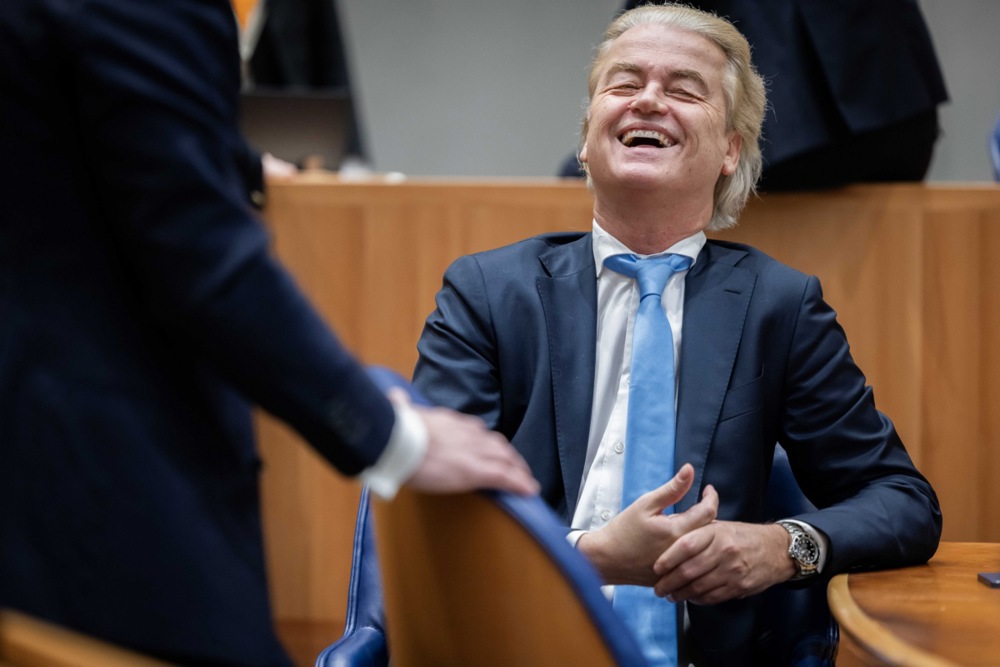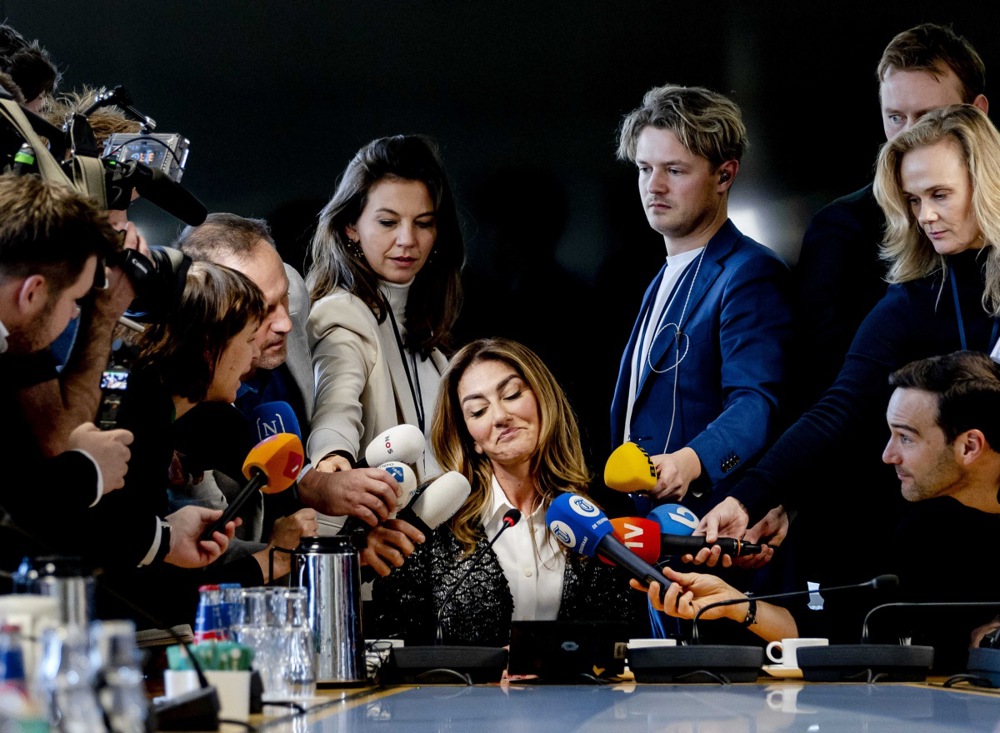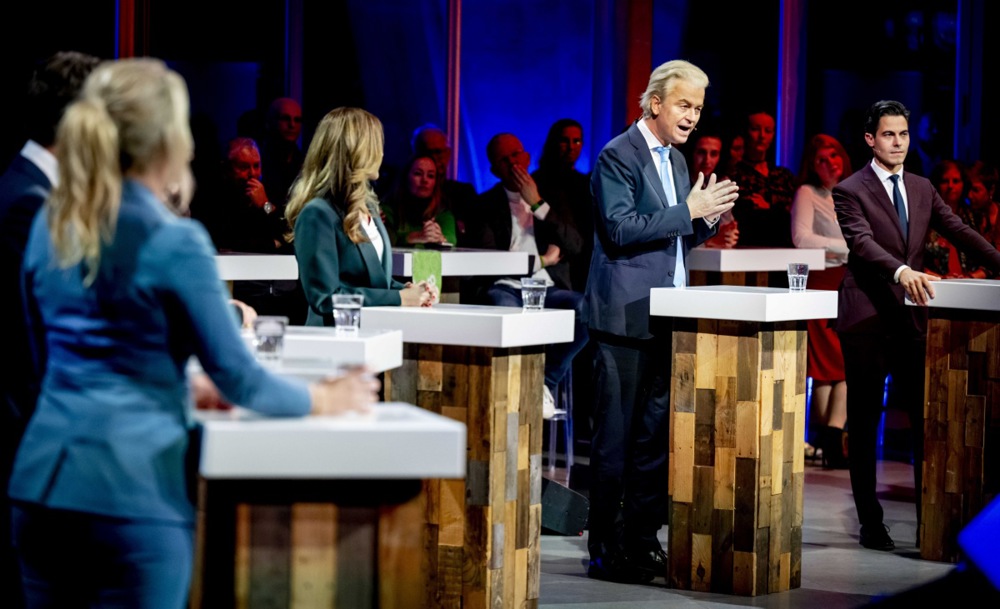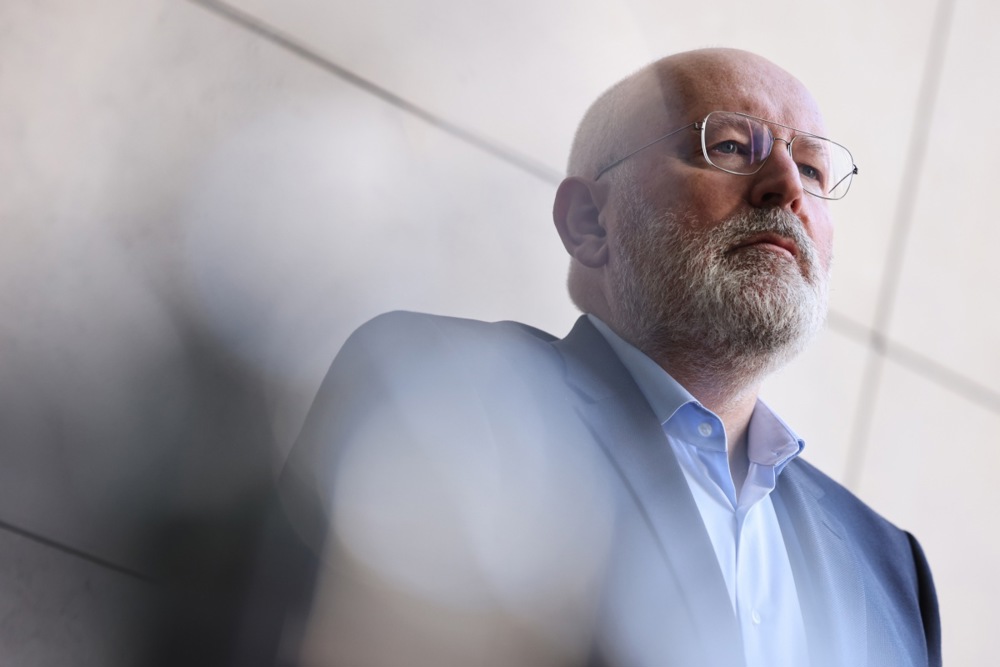Dutch MP Geert Wilders has indicated coalition talks regarding the formation of a new government “are having a problem” after the Netherlands’ caretaker authority agreed to implement legislation to forcibly relocate asylum seekers across the country.
“We have a problem, we are going to talk about it now,” Wilders said on the morning of January 17 as he headed for a meeting to discuss negotiations.
The caretaker Government has decided to push through the plan to redistribute asylum seekers after receiving crucial support from the VVD-party faction in the Dutch Senate.
VVD, the Liberal party of Prime Minister Mark Rutte, is part of the current governmental set-up. It is in talks with Wilders, regarded as among the most vocal migration sceptics in the Netherlands, over the issue.
It is thought Wilders could form a new government and if so, it would be likely to curb the number of asylum seekers and migrants in and to the Netherlands.
Wilders’ PVV party is adamantly opposed to the hotly contested law that would require the distribution of asylum applicants around the nation.
He and his party believed it had fellow negotiators from the VVD, NSC and BBB factions on its side in this regard and that therefore the legislation would be effectively shelved.
When news of the law being backed broke on the evening of January 16, Wilders reacted with shock on X, saying: “O heavens!”
MIJN HEMEL? https://t.co/0ZJrVdrS4a
— Geert Wilders (@geertwilderspvv) January 16, 2024
That day, the Senate faction of the VVD unexpectedly expressed support for the measure, a move that appeared to be in opposition to its leader, Dilan Yesilgöz.
Yesilgöz has said she would have to see immigration control measures implemented before passing the distribution law.
“But the Senate has chosen to deal with it the other way round, and that is their right,” she conceded.
“I did not use my authority as leader to say: you should vote for or against.”
Just before Christmas, she had released a plea to the Senate asking for consideration of the bill to be postponed.
In the Dutch Parliament, the VVD had opposed the law and, in addition, during the November election campaigns, it further promised not to support it, despite it being the brainchild of VVD MP Eric van der Burg, the Dutch migration minister.
After the morning discussions, Yesilgöz insisted that “all problems can be solved”.
She said the relevant parties were engaged in “good talks” and that she had no reason to believe that former Labour party minister Ronald Plasterk, the lead negotiator of the coalition discussions, would not be able to present his findings to the House of Representatives by the beginning of February.
Since 2012, the lead negotiator in such coalition talks has had to report to the chair of parliament, before then, the post-holder was accountable to the Dutch monarchy.
Following the early first round of the latest negotiations, Wilders and the others involved remained diplomatic as they were due to reconvene later on January 17.
Right-wing opposition parties have spoken of “treason” regarding the entire issue while, on the Left, MP Frans Timmermans said it was “sensible” and that the left-liberal D66 party found it “the best for the country”.





